[ad_1]
[Sponsored article]
Educator Julia Woo is happy to have gone back to school – after years as a senior official at Singapore’s Ministry of Education, which included her overseeing the running of more than 10 schools – to become the new principal and head of school at Invictus School Hong Kong.
Woo, a Singaporean, previously did two stints as a school principal in the city state, and recalls those periods as the best of her career. “The work has a lot of purpose, a lot of meaning, for me because I can see lives being transformed, and that gives me a lot of satisfaction,” she says.
Her decades of experience working in education – initially as a teacher, then principal and most recently government official – mean she has clear ideas about how to enhance the educational journey of students.
Woo believes in a holistic approach – to help students grow cognitively, emotionally, physically and morally by fostering a strong learning community and imparting good values.
She believes every child can – and wants to – succeed using his or her unique set of abilities and skills. The role of educators is to help find a way to channel each child’s inherent drives and desires, she says.
“We need to facilitate their learning: nurture them, anchor them in good values, build their socio-emotional competencies and make sure they have the disposition to strive in the 21st century,” Woo says. “Once they feel that they are achieving, they will be motivated and driven to be the best that they can be.”
She also believes in the power of a strong learning community – comprising teachers, administrative staff and parents – which works collectively to maximise students’ potential.
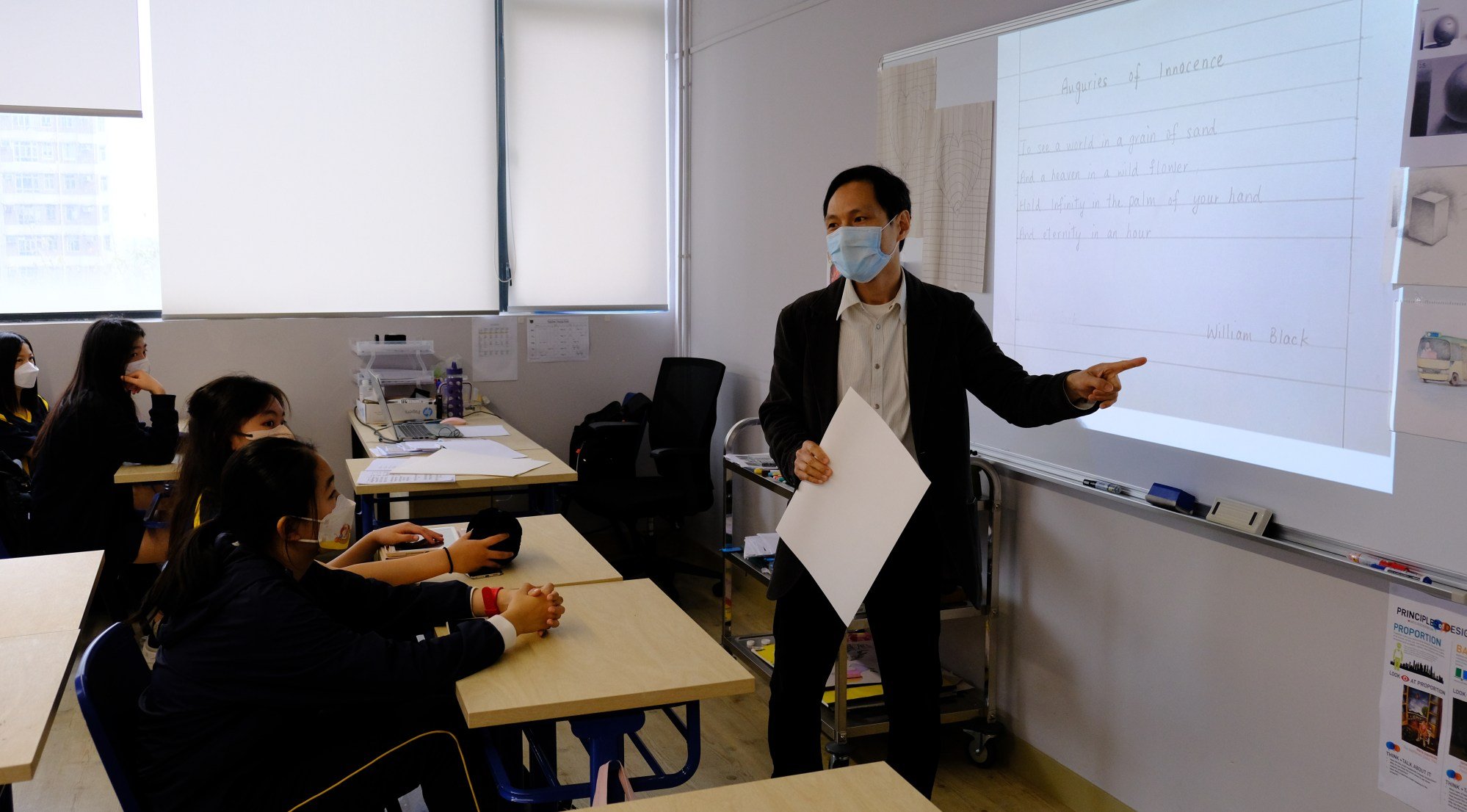
The first step to strengthening a school community is to nurture and develop teachers to be effective at engaging and motivating their students, she says. Next, parents are kept abreast of their child’s progress and also encouraged to work with the school in reiterating important messages at home.
To further build and synergise this community, Woo intends to organise activities to embrace “face-to-face engagement” opportunities, such as parent seminars, as well as student music and drama performances, where every member of the community has a role to play.
In keeping with her vision to provide students with a range of learning opportunities to help them achieve success, Invictus School Hong Kong offers the Cambridge curriculum, which “caters to every student’s different interests, needs and passions”, Woo says.
“The Cambridge curriculum provides a wide range of subject choices as well as multiple pathways after the completion of A Levels, when students want to proceed to higher education..”
Invictus School Hong Kong, a private, co-educational international school which was established in 2019, caters to local and expatriate children aged five to 18, from kindergarten to year 13, with the academic year running from August to June.
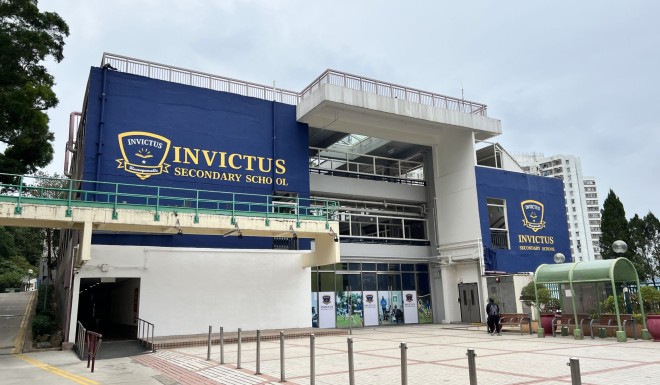
Pupils at its bilingual, English and Mandarin kindergarten and primary school are based at its Tseung Kwan O campus, while its English-medium secondary school, where children study for Cambridge International General Certificate of Secondary Education and Cambridge International Advanced Level qualifications, is located at its Chai Wan campus.
Woo says its curriculum has been designed to be very systematic and structured. Knowledge introduced at the primary school is continuously developed and reinforced until the end of secondary school classes so that this spiral curriculum will enable students to transition smoothly from one academic level to the next.
Education that takes place outside the classroom also forms a key part of a student’s development at Invictus. Extracurricular activities, which are compulsory at its secondary school for students from year seven to year 13, include a range of sports, arts, life skills and science, technology, engineering and mathematics (STEM) disciplines.
To ensure children enjoy a holistic experience and discover their own individual interests and develop their unique talents, each term they are encouraged to choose a new extracurricular activity from a different category.
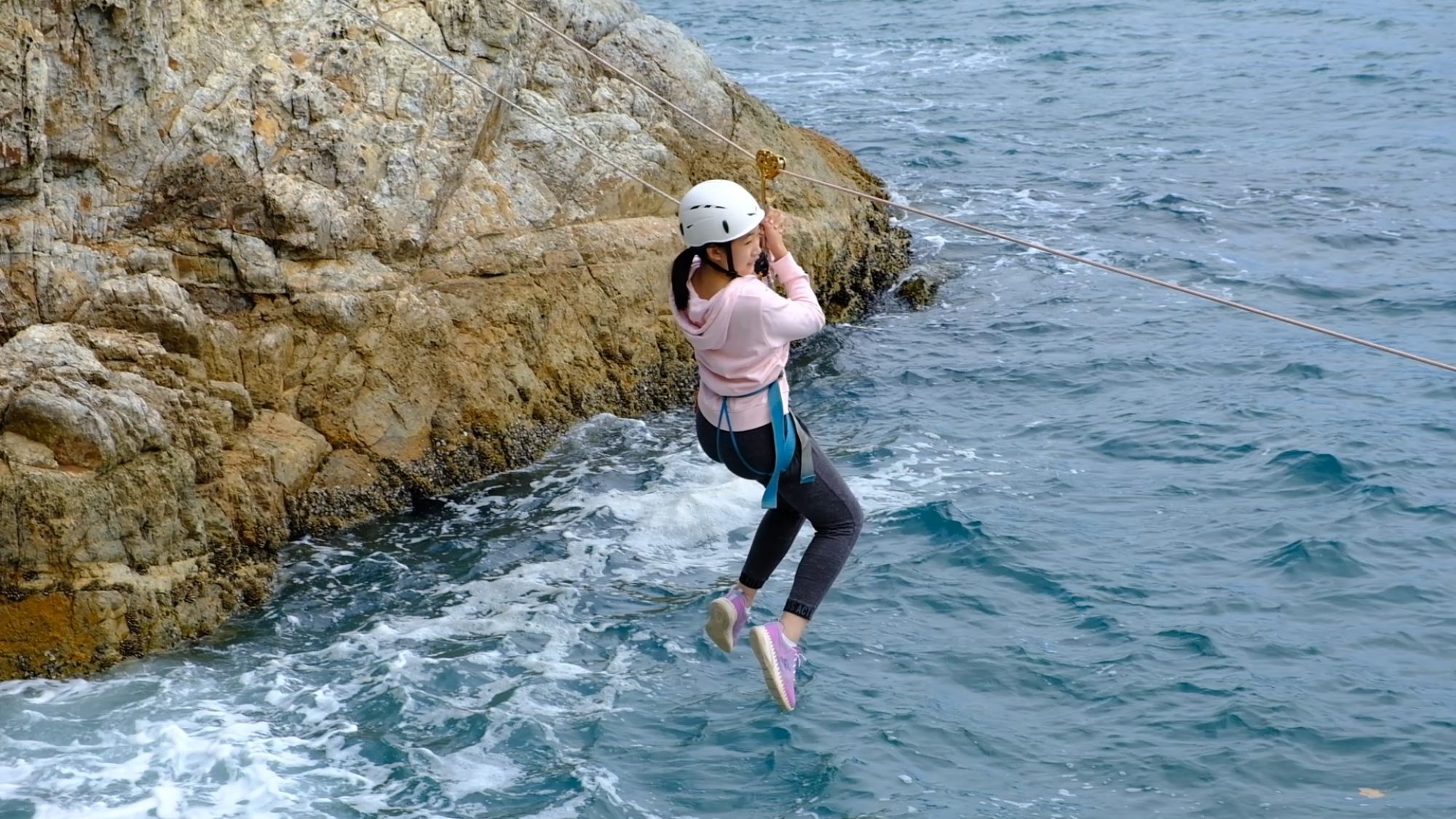
“One big challenge is to make parents understand that doing well academically is not the be-all and end-all,” Woo says.
“Beyond the academic rigour, we want to imbue in our students’ socio-emotional competencies, such as relationship building, social awareness and self-management, as well as the dispositions – for example, confidence, resilience and teamwork. The best, and most natural, platform to do this is actually through extracurricular activities.”
In addition to socio-emotional learning, Woo says Invictus regards fostering values such as resilience, integrity, care, collaboration, lifelong learning and excellence as equally important ingredients of a student’s holistic education.
“We want our students to not only know the values, but live by them because these values are going to guide them and help them to make good decisions and do the right thing.”
The school also plans to inculcate better global awareness in its pupils to prepare them for an increasingly complex world, she says. This will enable students to be more adaptable and culturally sensitive at a time when cross-border mobility is becoming more common.
To this end, a student exchange programme is planned that will enable its Hong Kong students to visit Invictus’ sister schools in Singapore, mainland China, Thailand and Malaysia so they can gain experience of different cultures.
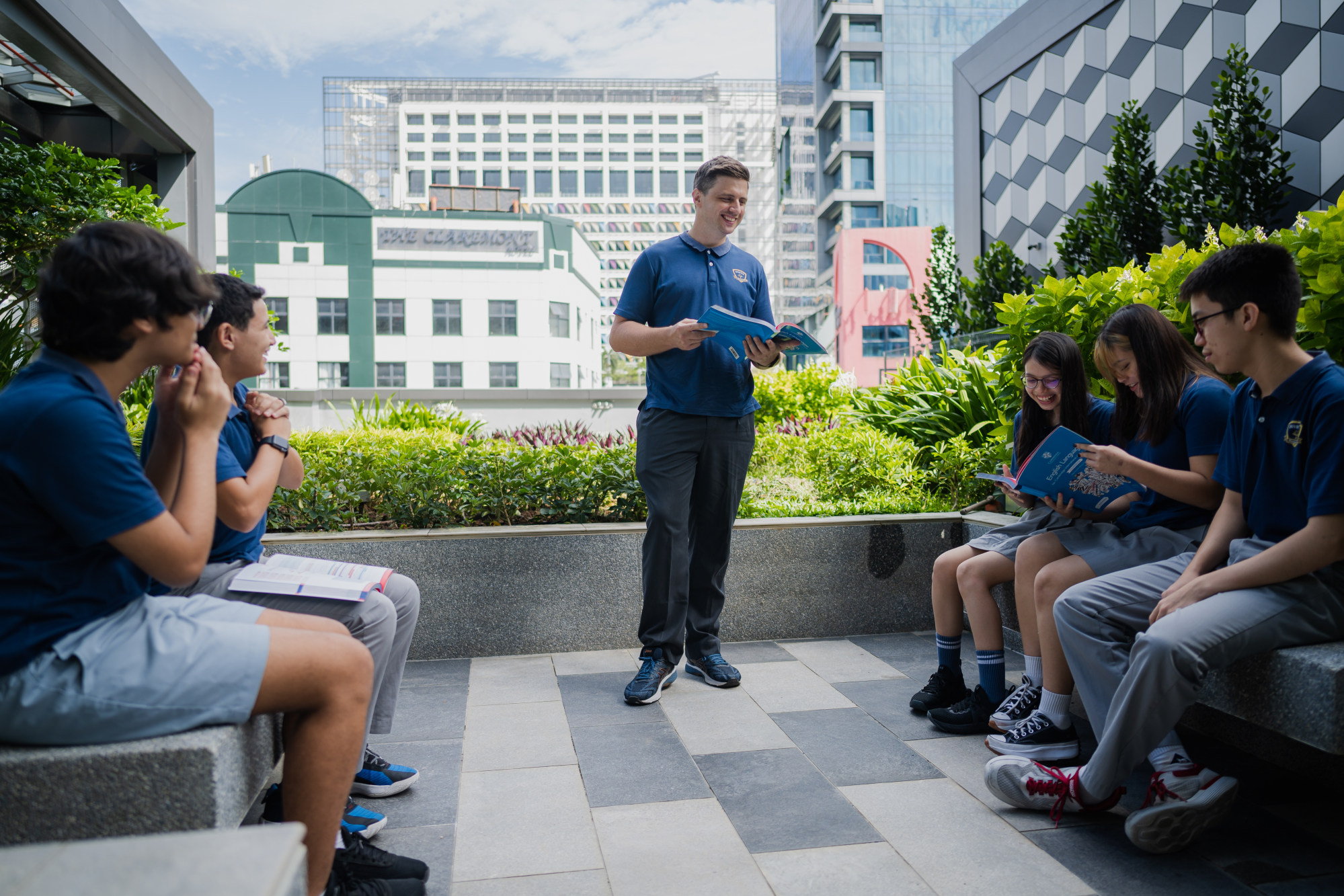
“I think educators have a very important part to play in building and growing the next generation,” Woo says.
“Today, we live in a very volatile world and we need to nurture individuals who will contribute to a better tomorrow. It gives me a lot of fulfilment as an educator to know that, other than running a school, there is this larger goal to work towards.”
[ad_2]
Source link

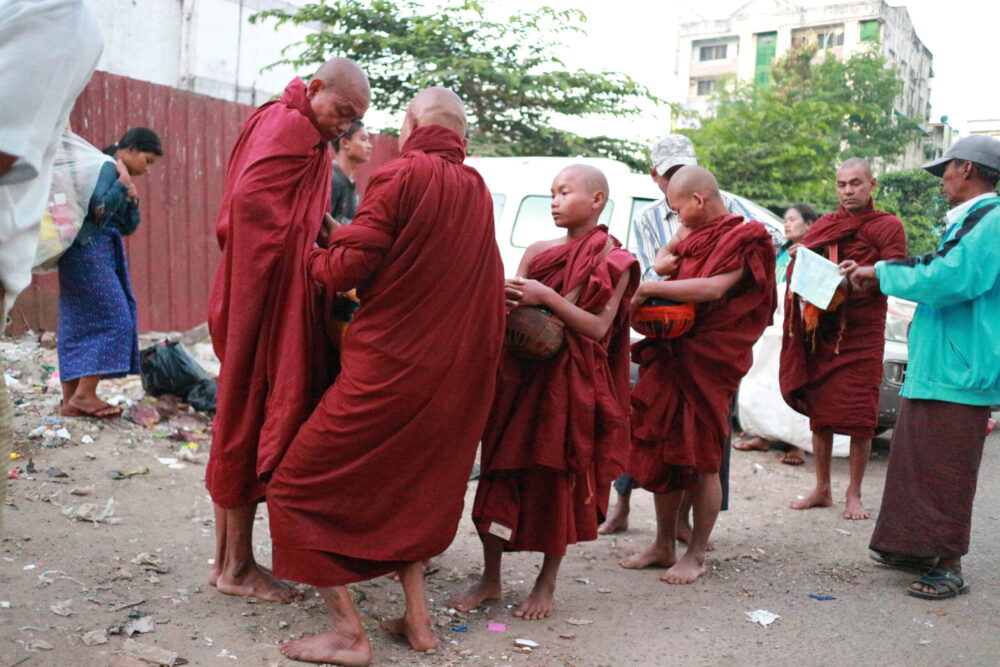
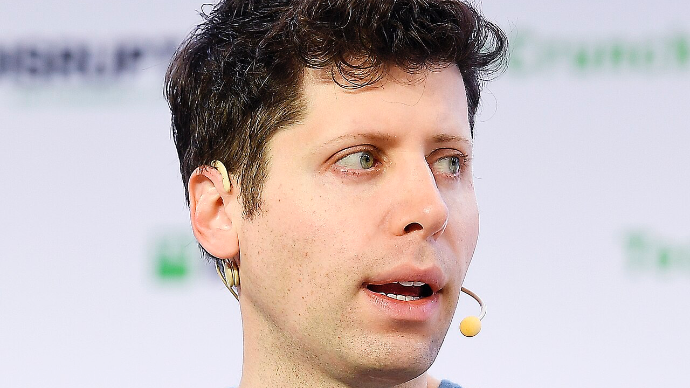






![[Agenda] Budget review and Russia sanctions in focus This WEEK [Agenda] Budget review and Russia sanctions in focus This WEEK](https://media.euobserver.com/56946bf1bc1eefd752749a3f6d83af91-800x.jpg)











